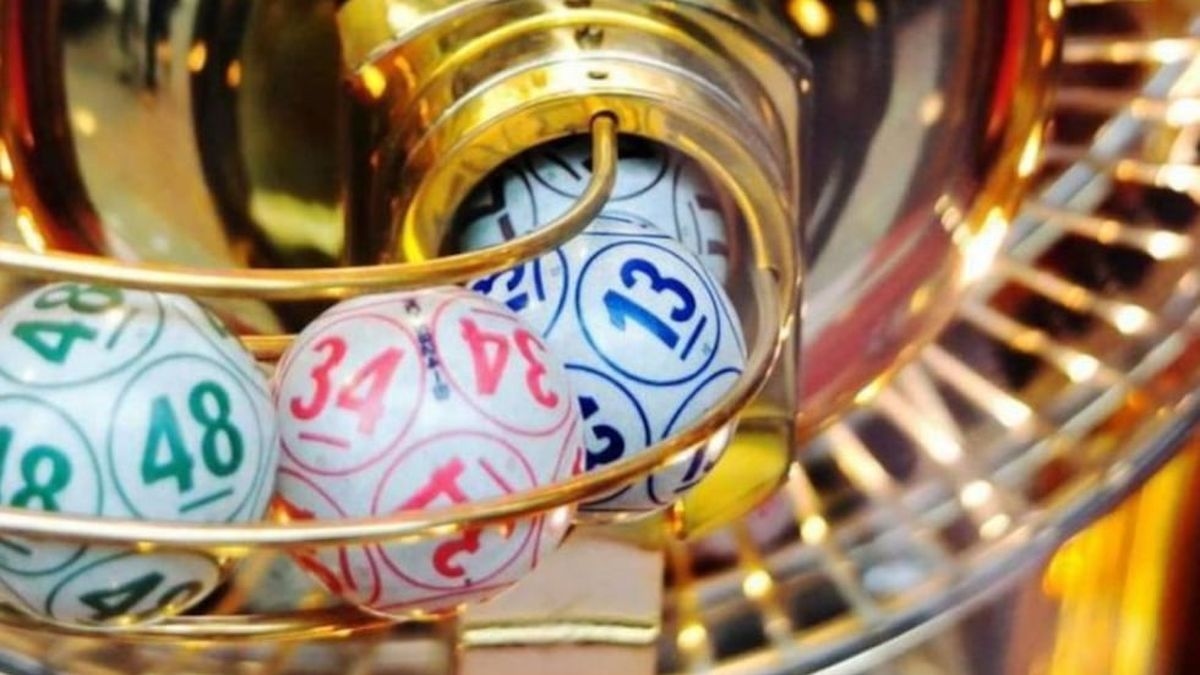José Cueli: It is not known what

José Cueli
P
Why kill people? To show that killing people is destructive? Why talk about violence instead of the problems of human beings?
A human tragedy that shakes us and prompts us to think about death. Violence breeds violence, the law of retaliation: an eye for an eye and a tooth for a tooth. But what really drives a human being to exercise the utmost violence against a fellow human being? What would be the difference between death by homicide and death decreed by law? What previous history places one individual in the place of the murderer and another in that of the victim? What does the death of a fellow human being move us to? What do we know about death?
For Rüdiger Safranski, Evil (Tusquets, 2000), "Freud's theory of the death instinct places the beginning of fatality at the moment when the stone is disturbed in its stillness; the transition from inorganic to organic life should never have happened. It is a kind of excrescence that could not have a good end, especially because this life acquires self-awareness in man and therefore knows of its death. According to Freud, man can ultimately only develop this knowledge either by removing death from himself—by killing other life—or by directing destructive forces against himself. Man is a kind of erroneous course of evolution.
Freud's faith in the necessary success of human history is shattered. His dismay at the horrors of his century sometimes drove him, indeed, to the other extreme, to the point of granting no opportunity to the open character of history, that is, to human freedom, which can speak for both good and evil. The destructive forces of human nature appear too powerful.
It would be appropriate here to reflect with Levinas on the subject of death. Death is the irremediable separation, it is decomposition, it is the non-response, the concretization of absence. The experience of a death that is not my own relates to me in the form of someone. The death of someone is not, despite what it may seem at first glance, an empirical factuality; it does not end there; it touches me, it pierces me, it transcends me, it unsettles me, it cannot be alien to me.
The death of the other who dies affects me in my own identity as responsible, a non-substantial identity, not a simple coherence of the various acts of identification, but formed by ineffable responsibility. The fact that I am affected by the death of the other constitutes my relationship to their death. It constitutes, in my relationship, in my difference toward someone who no longer responds, my guilt: a survivor's guilt.
Perhaps death refers, in some way, to that double Freudian founding judgment in the simultaneity of attribution and nonexistence, in a crazed specular game between omnipotence and original helplessness, between hallucination and reality, in the incessant search to reach that original thing that was lost, in that veiled game of displacements of that primordial object towards the surrogates in external reality, the fateful and tragic becoming of existence in which we travel as beings marked by contradiction in a scenario with a double bottom, always carrying with us the ghostly sliding them along the margins, in the restlessness of being and not being.
Finally, the only certainty seems to be that death is lurking around us and hiding where there is nowhere else to go.
In a summary by our La Jornada correspondents, Jim Cason and David Brooks, they show us a specific account from last Tuesday night in Los Angeles: President Donald Trump called protesters rejecting his anti-immigrant measures animals
and a foreign enemy
, during a speech that was supposed to recognize the 250th anniversary of the United States Army. "What you are witnessing in California is a full-blown attack on peace, public order and national sovereignty, perpetrated by rioters carrying foreign flags with the purpose of continuing a foreign invasion of our country
," he added. The tycoon linked the protests to what he called "uncontrolled migration
," and stated that Europe, critical of his administration, must also act. "Uncontrolled migration leads to chaos
," Trump declared. "They have it in Europe too. It's happening in many European countries. They better act before it's too late
."
jornada





